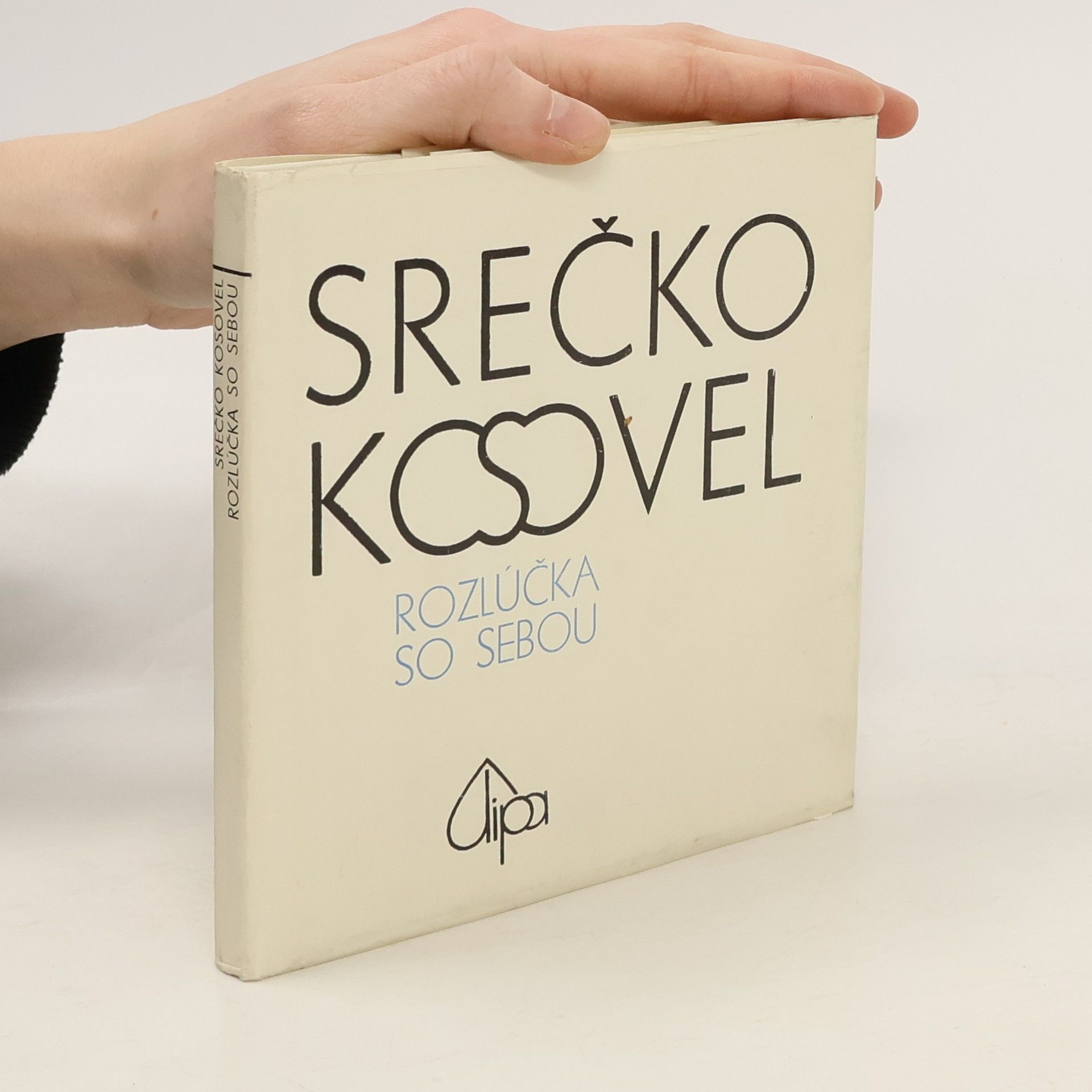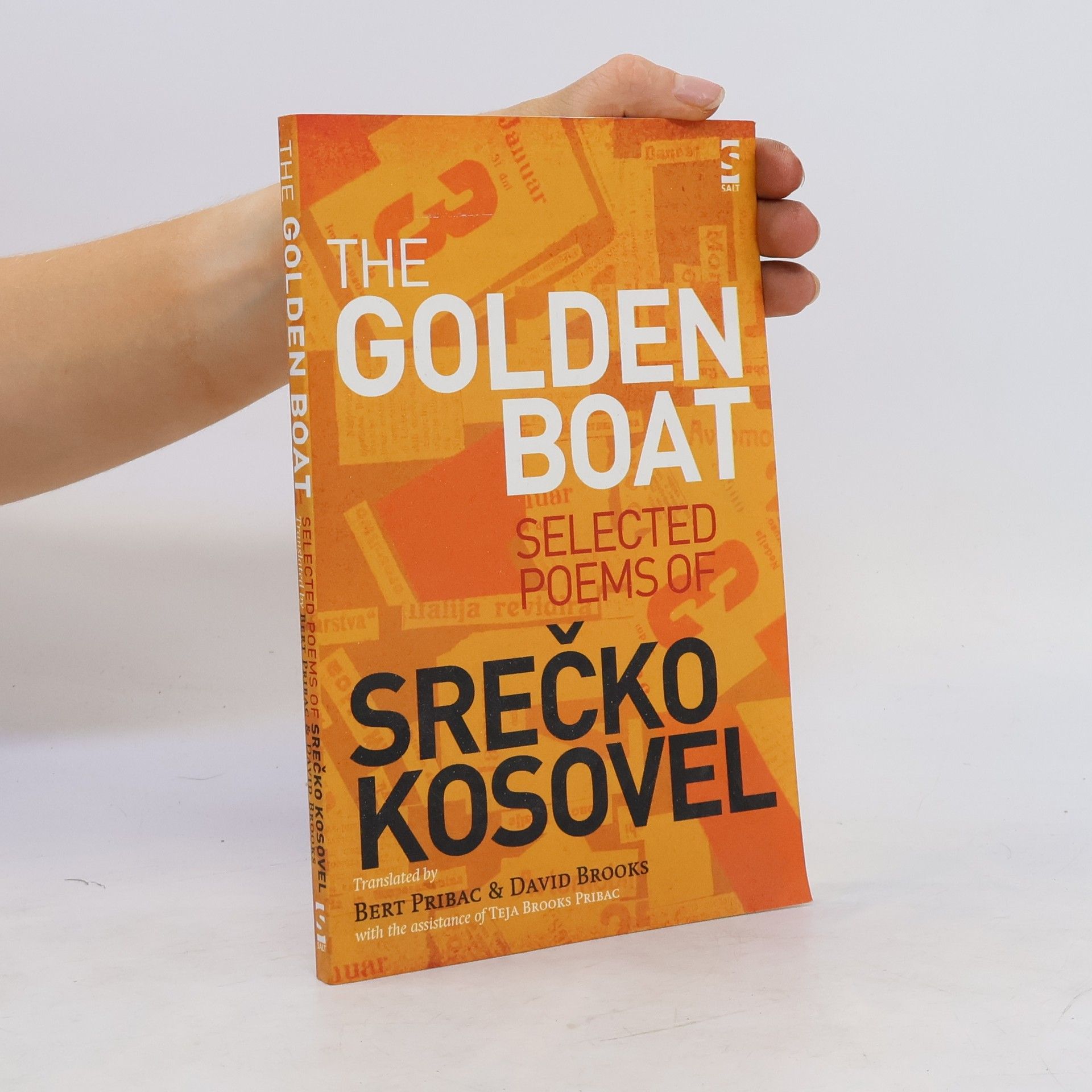Dieses Buch ist der zweite, durch ein Gedicht in deutscher Erstveröffentlichung ergänzte und durchgesehene Nachdruck eines Büchleins, das 1988 mit einem Autograph des Dichters auf karststeingrauem Umschlag erschien; es war eine erste Auswahl meiner Übersetzungen aus damals verfügbaren slowenischen Buchausgaben und erste signifikante Veröffentlichung von Kosovel-Gedichten in deutscher Sprache; Beginn meiner langjährigen Erkundung und Erforschung dieses bis heute, hundert Jahre nach der Geburt des Dichters noch nicht ganz erschlossenen, jedoch in viele Sprachen um die Welt übersetzten, einzigartigen Jahrhundertwerks der slowenischen Poesie und europäischen Avantgarde; Früchte dieser Arbeit waren weitere (vielfach erste) Publikationen aus dem Nachlaß im slowenischen Original (Ikarjev sen / Traum des Ikarus, Ljubljana 2004) sowie umfangreichere Ausgaben meiner Übersetzungen (zuletzt, Mein Gedicht ist mein Gesicht, Salzburg 2023) … Das vorliegende Buch war und bleibt Aufbruch in den wirkreichen poetischen Orbis – »Jutri odjadramo« (Morgen segeln wir ab) – des Dichters vom Karst, Srečko Kosovel …
Srečko Kosovel Book order (chronological)
Srečko Kosovel was a Slovene avant-garde poet who emerged as a poetic icon from the 1960s onwards. Despite his tragically short life, he produced an impressive body of work, amassing over a thousand poems of exceptionally high quality. Much of his writing was published nearly four decades after his premature death. Kosovel's poetry is celebrated for its innovative spirit and profound engagement with his era, cementing his status as a pivotal figure in Slovene literature.






„Mein Gedicht ist mein Gesicht“ eröffnet ein lesendes Wandern in Wortlandschaften eines dichterischen Werks, das einzigartig in seiner Tiefe, Vielfalt und Ausstrahlung bis ins Heute wirkt. Srečko Kosovel, geprägt vom kontrastreichen slowenischen Karst oberhalb von Triest, suchte eine Synthese, in der Naturerleben, existentielle Erfahrung (Krankheit, Todesahnung) und gesellschaftliche Umbrüche (Krieg, faschistische Okkupation), künstlerische Aufbrüche in neue literarische Formen (Montage, Verfremdung) zusammenfließen und aufgehen – im komplexen Gedicht; lyrischer Anhauch und radikale Bildsprünge, Grimm und Gram, Witz und Revolte, bildsame Melodie von Dissonanzen, die in zufällige Harmonie übergeht; der Dichter sucht bewegliche Bilder / Fakten verjagen die Kunst; die Schärfe des Karsts und die Schärfe der Zeit schärften ihm die Feder. Kosovels Poesie wirkt vom zerrissenen Anfang des vorigen Jahrhunderts in das zunehmend dramatisierte neue; Die Zivilisation ist ohne Herz. / Das Herz ist ohne Zivilisation ... Im handschriftlichen Nachlass erwandert, ist dieses Buch – eine Auswahl von Gedichten, Prosa-, Essayfragmenten, Auszügen aus Notizbüchern, Briefen samt Federzeichnungen und Holzschnitten – Er-Findung einer orphischen Landschaft. Mit Federzeichnungen und Holzschnitten von Christian Thanhäuser.
Zelený papagáj
- 167 pages
- 6 hours of reading
Srečko Kosovel (1904-1926), zázračné dieťa slovinskej literatúry, objavené štyridsať rokov po jeho smrti, básnik čistého srdca ospevujúci Kras v jeho nepoddajnosti i kráse, básnik domoviny, ktorý napriek mladému veku dokázal vyjadriť existenciálnu hĺbku geopolitickej straty "z vôle dejín", básnický kritik sociálnych pohybov a kvasenia, z ktorého sa iba ťažko rodila nová Európa, vzrušený hľadač poetického tvaru a výrazu, ktorý prebádal liaheň avantgárd, ešte než dosiahli svoj vrchol, niektoré i pád, vizionár lepšieho sveta na križovatke kresťanskej a marxistickej ľavice, hravé dieťa i britký um veľkomesta (Terst), rojko a tichý spoluhráč prírody i domácich zátiší (Tomaj), univerzálny duch transendentálnych presahov, napojených ozajstným, tvrdo zaslúženým životom obyčajného človeka.
The Golden Boat
- 160 pages
- 6 hours of reading
There are very few major European poets of the early twentieth century not already known to English-language audiences, but Srecko Kosovel is one. Often called the Slovene Rimbaud (he died at twenty-two, leaving almost 1,000 poems), the full range and significance of his poetry has been revealed only slowly even to Slovenians themselves, and yet he is a major voice of Central European modernism, whose work explores powerfully and incisively the problems of individual identity and allegiance in the face of the new century with its strong call, to one living through the collapse of the Austro-Hungarian Empire, to international socialism. Kosovel's poetry reflects at once the turmoil of the Balkans after the Great War and, at exactly the same time as Ungaretti, Joyce and Rilke were experiencing it, so deep a love of and connection to his native Karst region that he turns it into one of the most remarkable symbolic landscapes of twentieth century poetry. Although certain limited English selections of his work have appeared in the past, this edition, superbly translated by the poets Bert Pribac (Slovenia) and David Brooks (Australia), is the largest and most comprehensive selection to have appeared in any language other than his own.
Moje píseň
- 83 pages
- 3 hours of reading

